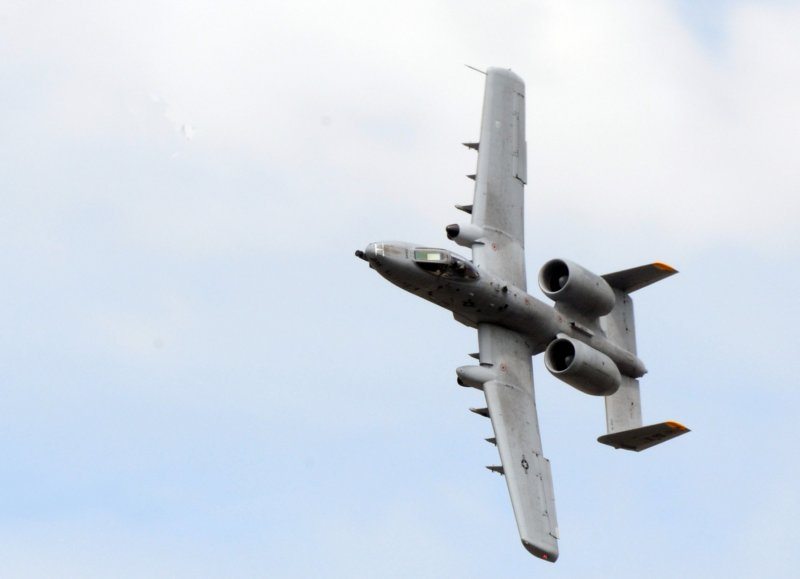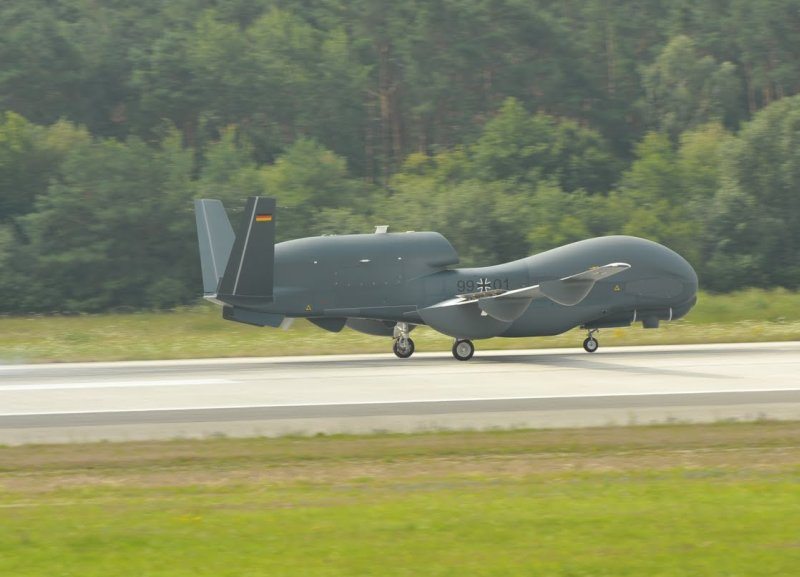Celebrating the 40th anniversary of what is billed as the world’s largest military air show, members here turned over the airfield to the Royal International Air Tattoo July 16 and 17.
Hosted at Royal Air Force Fairford 21 times since 1985, the Royal International Air Tattoo featured more than 200 aircraft from 30 nations on static and aerial display, including 18 aircraft from the different branches of the U.S. military.
“In addition to the air displays that we have, we’re also honored to host a number of international air chiefs who are here representing their nations and displaying the world’s best in military aviation,” said Col. Brian Kelly, the 501st Combat Support Wing commander. “While this is our airfield on a day-to-day basis, we are happy and honored to turn it over to the RAF Charitable Trust … to allow them to conduct the Air Tattoo.”
This year’s themes for the Air Tattoo included the 40th anniversary of RIAT, as well as the 50th anniversary of NATO’s Tiger Association, but an enduring theme is the promotion of aviation.
“The crowds are great, there are wonderful displays, and there are a number of interactive venues that help promote military aviation, which is what this is really all about,” Kelly said. “The venues providing education and interactive experiences to young folks truly help build a genuine interest and enthusiasm about aviation.”
The Air Tattoo provides several opportunities for participating nations, from highlighting various weapons systems and capabilities, to interaction with foreign aircrews and senior military leaders.
“It’s the public interaction, showing our friendship and connections with the rest of NATO and other nations of the world,” said Maj. Shaun Bellamy, of the 480th Fighter Squadron at Spangdahlem Air Base, Germany. “It’s not just an air show; it’s national support.”
Participating in his first Royal International Air Tattoo, Capt. Michael Stepan, a B-52 Stratofortress electronic warfare officer from Minot Air Force Base, N.D., said he was happy for the opportunity to interact with the public and speak to foreign air crews.
“It’s great for the Air Force, and for the bomber community, to be able to interact with other aircraft and crewmembers and talk about the capabilities of the aircraft,” Stepan said.
The aerial displays included national demonstration teams from England, Italy and Saudi Arabia, as well as solo demonstrations that included an A-10 Thunderbolt II from the West Coast Demonstration Team.
“The A-10 was a spectacular show,” Kelly said. “Even the rehearsal flying brought big crowds. They got to see exactly what the capabilities are of our aircraft, and picture the attack role and close-air support we provide with the A-10.”
The static aircraft drew a lot of attention from the crowds as well.
Being able to talk about the aircraft and their capabilities is great, Bellamy said.
“You get to interact with the public and see some starry-eyed children looking toward the future,” he said.











